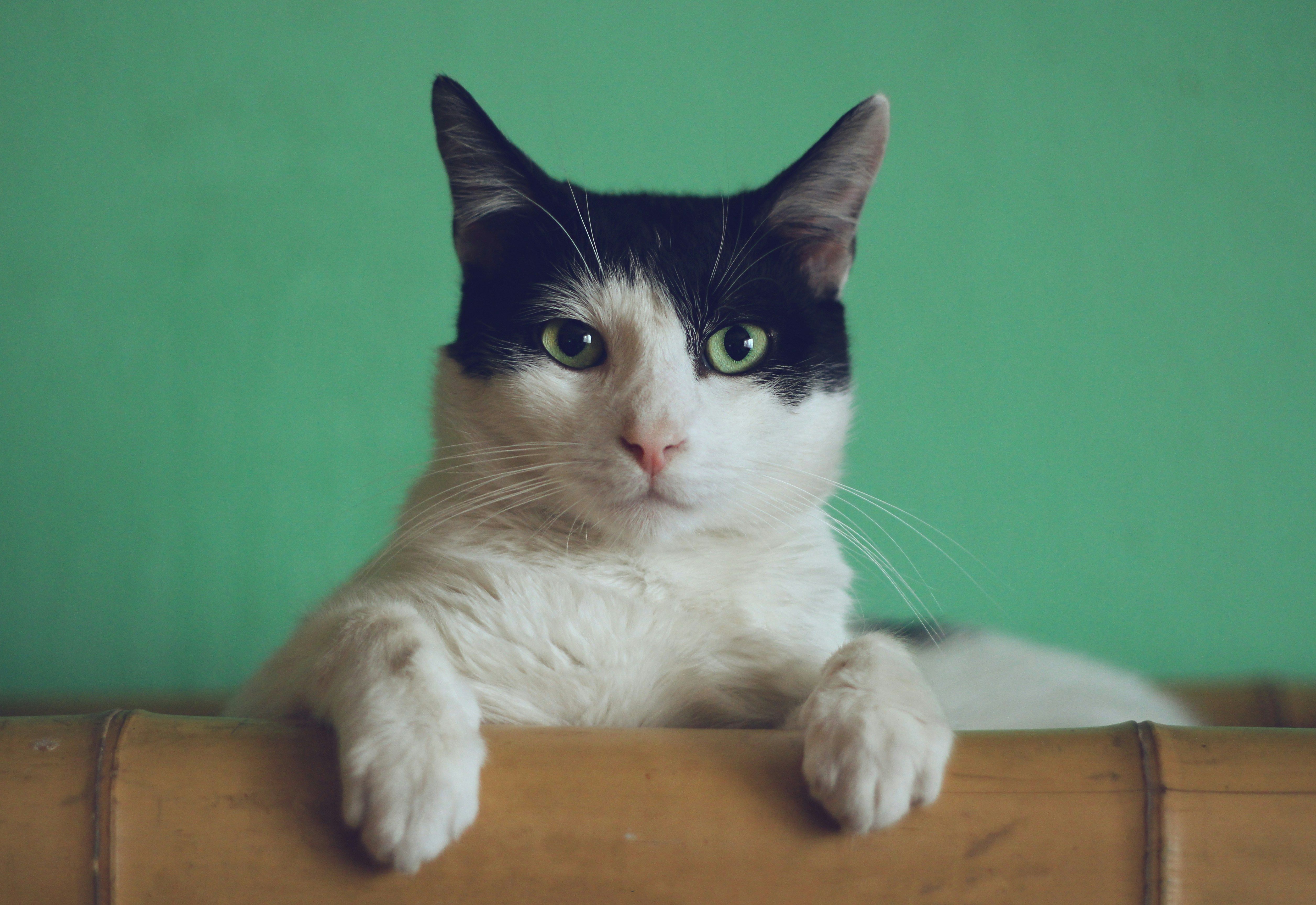Cats are beloved companions known for their cleanliness and independence. Most kittens learn to use a litter box instinctively, making house training easier than with many other pets. However, when your cat suddenly starts peeing outside the litter box, it can be confusing and frustrating. This behavior is often your cat’s way of signaling that something is wrong either medically or behaviorally. Understanding the cause is the first step toward resolving it.
When a cat urinates outside the litter box, the first and most important step is to rule out medical issues. Your veterinarian will ask about your cat’s urination habits, including frequency, color, odor, and volume, along with changes in appetite, water intake, and energy level.
Most Common Medical Conditions in Cats that Can Lead to Inappropriate Urination
- Urinary Tract Infections (UTIs): UTIs cause discomfort during urination. A cat may associate the litter box with pain and avoid it as a result. Sometimes, blood in the urine is visible when cats urinate outside the box, providing an early warning sign.
- Bladder Stones or Crystals: These cause inflammation and pain similar to UTIs, and may also lead to blood in the urine.
- Feline Idiopathic Cystitis (FIC): Cystitis is a sterile inflammation of the bladder that causes pain while urinating. Male cats are more prone to FIC, and this condition can progress to urinary obstruction, which is a life-threatening emergency. Look for signs such as squatting outside the box, frequent attempts to urinate, and producing only small amounts of urine. or none at all.
- Chronic Kidney Disease: Kidney disease affects the kidneys’ ability to concentrate urine. This leads to dehydration and increased thirst, creating a cycle of excessive drinking and dilute urination. Cats may begin urinating in inappropriate places due to urgency or volume.
- Diabetes Mellitus: Cats with diabetes experience increased thirst and urination. The urine is often dilute and may contain glucose, which creates a perfect environment for bacterial growth. This raises the risk of secondary urinary tract infections.
Behavioral Issues
If your veterinarian rules out medical issues, it’s time to evaluate behavioral and environmental factors that may be contributing to the problem.
- Litter Box Preferences: Cats can be picky about where they go. They may avoid the litter box if it is dirty, too small, located in a noisy or high-traffic area, or filled with a litter type they dislike. Experimenting with litter textures, box size, and placement can help.
- Stress and Anxiety: Changes in your cat’s environment like moving to a new home, introducing a new pet, visitors, or loud noises can trigger stress-related urination. Using pheromone diffusers such as Feliway, creating quiet hiding spaces, and maintaining routine can help reduce anxiety.
- Territorial Marking: Unneutered or unspayed cats may spray urine to mark territory, especially in multi-cat homes. Even neutered cats may mark if they feel threatened. Spaying or neutering can reduce this behavior significantly.
- Too Few Litter Boxes: The general rule is one litter box per cat, plus one extra. If there aren’t enough boxes, or if multiple cats are competing for access, some cats may find alternative spots to urinate.
Tips to Manage and Prevent Litter Box Accidents:
- Schedule routine veterinary exams: Early detection of kidney disease, diabetes, or urinary tract issues through bloodwork and urinalysis can prevent chronic problems.
- Keep the litter box clean: Scoop daily and wash the box regularly. If you wouldn’t want to use a dirty porta-potty, your cat doesn’t either.
- Use the right number of boxes: For multi-cat households, offer one box per cat, plus one extra.
- Minimize household stress: Use pheromone sprays or diffusers to help your cat feel secure, especially during transitions or changes in routine.
- Consider behavioral therapy or medication: If all else fails, speak to your veterinarian about working with a veterinary behaviorist or exploring medication to manage anxiety-related urination.
What Should You Do If Your Cat Has Been Urinating Outside of the Box?
If your cat urinates outside the litter box, take action right away. Cats communicate through urine, and the longer the issue goes unaddressed, the more likely it is to become a persistent habit.
Cats retain many natural instincts, and urine is not only a means of eliminating waste, but also a way to communicate with other cats. It contains pheromones that mark territory. When a cat pees on the bed, your shoes, or the couch, they may be expressing pain, stress, or marking behavior.
Use an enzymatic cleaner immediately after blotting up excess liquid to fully remove the scent and reduce the likelihood of repeat incidents.
Consider Color-Changing Litter to Help Monitor Urinary Health
Color-changing litter is a newer product designed to alert pet owners to potential urinary issues. These litters use crystals that react to changes in pH or detect the presence of blood in the urine.
While these litters are not a substitute for veterinary diagnostics, they can help you notice early signs of urinary tract problems. If you see a color change, schedule a veterinary visit right away for testing and diagnosis.
How Ruby Vet Can Help
Urinary issues in cats are complex and can be emotionally and physically draining for everyone involved. Cats often choose high-value items like your bed, your favorite shoes, or laundry piles to signal discomfort.
At Ruby Veterinary Urgent Care, we provide same-day diagnostics and treatments to uncover the root cause of inappropriate urination. Whether it’s a urinary tract infection, stress-related behavior, or something more serious, we’re here to help your cat feel better and your home stay clean.
Contact us today if your cat is peeing outside the litter box. The sooner we identify the cause, the sooner we can help you and your feline friend get back to a happy, healthy routine.

